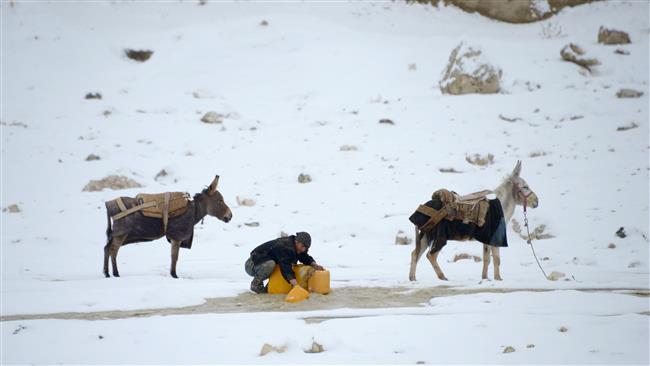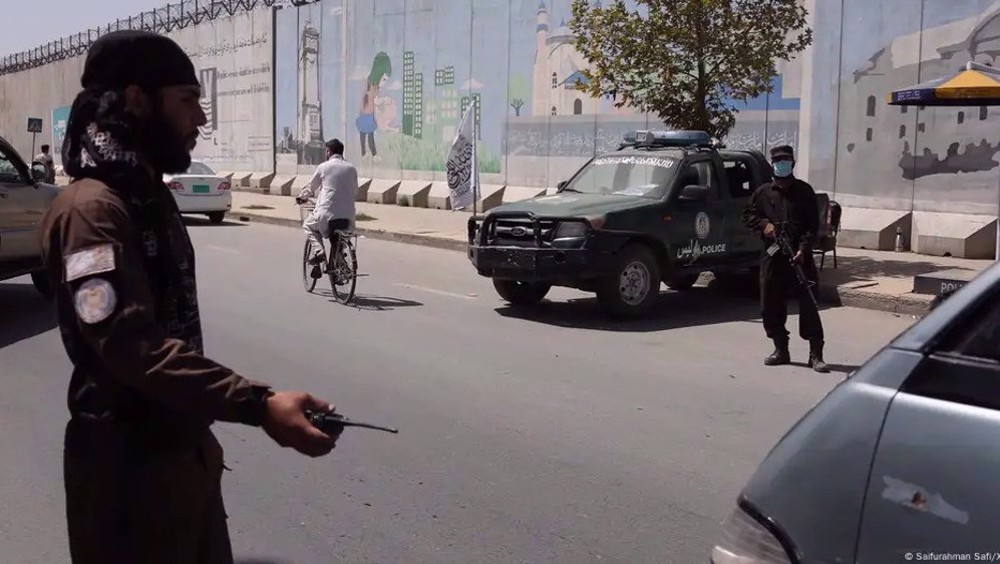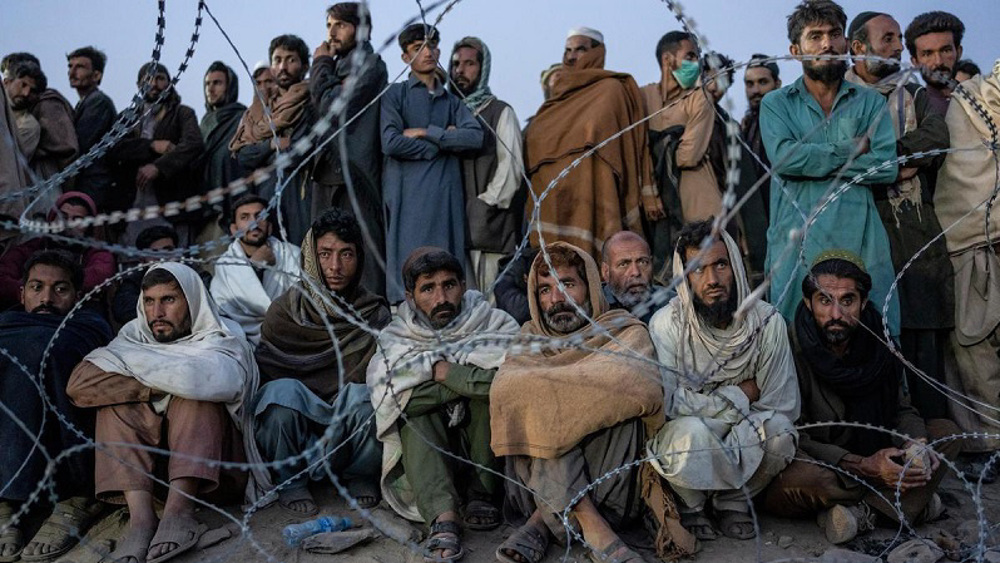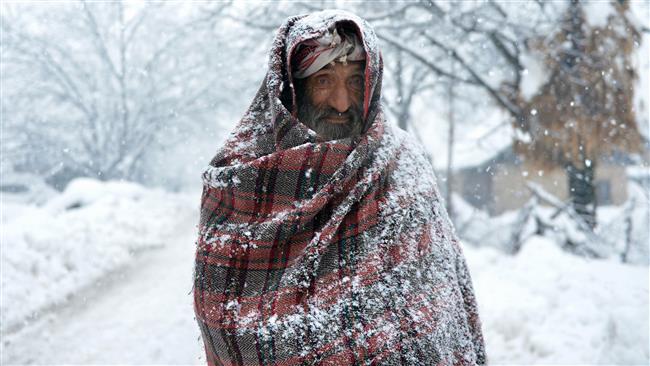Massive avalanche kills 50 in single village in eastern Afghanistan
At least 50 people have been killed after their homes were buried under a massive avalanche in a remote village in eastern Afghanistan, officials say.
The tragic incident occurred in Hafsi village in Barg-e-Matal district of Nuristan province, which is bordered on the east by Pakistan. According to Mohammad Omar Mohammadi, a spokesman for the Afghanistan Natural Disaster Management Authority (ANDMA), “50 bodies” have so far been recovered.
Mohammadi said a separate huge avalanche had almost entirely covered another village in the area and rescue teams were trying to reach it despite deep snow and freezing weather.
Meanwhile, the provincial governor, Hafiz Abdul Qayoum, confirmed that at least 16 other people had been injured in the incident, warning that the death toll could rise as a rescue operation was on Sunday evening still in progress in an attempt to recover the bodies of the remaining residents who are still trapped under the thick snow.
Updating earlier figures, Mohammadi went on to say that heavy snowfalls and avalanches had claimed the lives of at least 54 people and wounded over 50 others across the country during the past three days.
He added that the raging avalanches had destroyed over 150 homes and heavily damaged 50 others in different provinces. The avalanches, triggered by days of heavy snowfalls, also claimed the lives of some 550 livestock, and destroyed over 1,000 hectares of farmland.
The heavy snowfalls also blocked scores of roads and a number of highways across the country, crippling both the lives of people and rescue operations.
The Afghan government, on Sunday, declared a public holiday due to the heavy snowfall across the country.

Last month, heavy snowfall and freezing cold claimed the lives of 27 children, all under the age of five, in the remote district of Darzab in the northern province of Jawzjan.
Back in 2015, some 300 people lost their lives after they were buried under avalanches across the Asian country, most of them in the eastern mountainous province of Panjshir, north of the capital, Kabul.
Each winter, heavy snowfall and avalanches kill scores of people in Afghanistan, where inadequate emergency equipment does not match the scope of natural disasters.
Afghanistan has been plagued by instability and militancy for years. Although the US military invasion of Afghanistan ousted the Taliban regime in 2001, it deteriorated the security situation across the country, causing near-daily violence and a constant displacement of its people.
The United Nations estimates that at least 9.3 million Afghans, nearly a third of the population, will require humanitarian assistance in 2017, a 13-percent increase compared to last year, which comes amid growing violence, economic stagnation, and social upheaval in the country.
VIDEO | Italians call on Rome to break off all ties with Israel
VIDEO | Activists gather outside UK arms fair complicit in Gaza genocide
VIDEO | Russian, Palestinian Authority presidents discuss Gaza
VIDEO | Beirut gathering: Lebanese figures back Iranian leadership
Israeli tank fires on Lebanese army during joint UN mission in south Lebanon: Report
Iran certain to deliver decisive response to Trump’s threats: Senior commander
Netanyahu skipped Davos amid arrest fears: Reports
VIDEO | West’s support for terror in Iran













 This makes it easy to access the Press TV website
This makes it easy to access the Press TV website